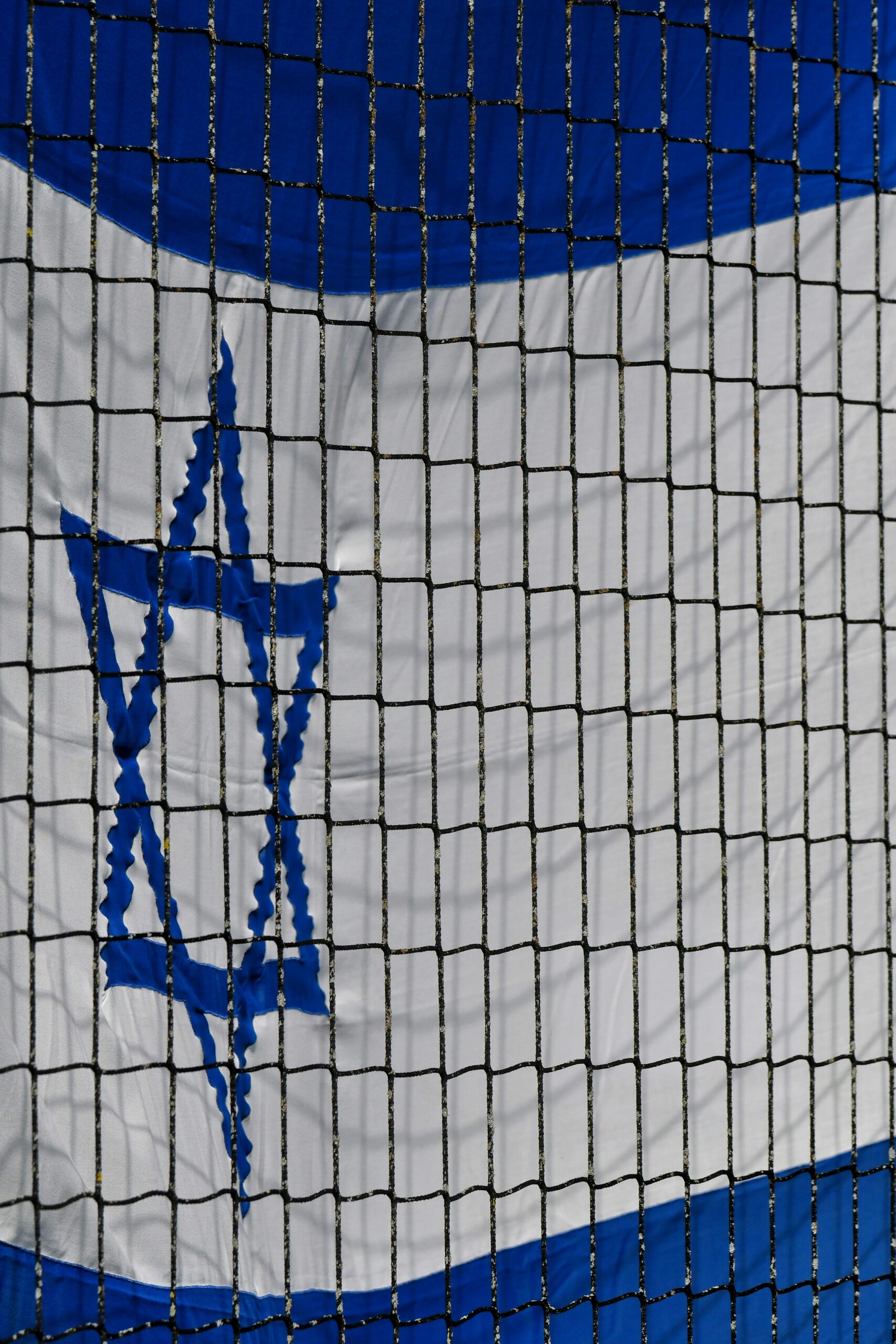
The United States government has significantly broadened its sanctions regime targeting the International Criminal Court (ICC), specifically focusing on judges and prosecutors directly involved in cases against Israeli officials. This development marks a notable escalation in the ongoing tensions between the U.S., the ICC, and the international community regarding accountability for alleged war crimes.
Key Facts
- The new round of U.S. sanctions includes four ICC officials: two judges and two prosecutors.
- These officials were involved in issuing and upholding arrest warrants for Israeli Prime Minister Benjamin Netanyahu and former Defence Minister Yoav Gallant, alleging their involvement in war crimes in Gaza.
- The sanctions were announced by U.S. Secretary of State Marco Rubio, who labeled the ICC as a threat to national security.
Background
The ICC has been a focal point of controversy for several years, primarily due to its investigations into alleged war crimes by not only Israeli leaders but also potential crimes by U.S. forces in Afghanistan. Despite not being a member of the ICC, the United States has historically opposed the court’s jurisdiction over its nationals and allies, leading to various degrees of pushback, including previous sanctions under the Trump administration.
The individuals targeted in the latest sanctions are Judges Kimberly Prost of Canada and Nicolas Guillou of France, as well as Deputy Prosecutors Nazhat Shameem Khan of Fiji and Mame Mandiaye Niang of Senegal. Their involvement in sensitive cases concerning Israeli and U.S. actions has placed them directly in the crosshairs of U.S. foreign policy.
Official Reactions
Following the announcement, the ICC condemned the U.S. actions as “a flagrant attack against the independence of an impartial judicial institution” and insisted on continuing its work unhindered. The court emphasized its role in upholding justice for victims of war crimes globally.
Israeli Prime Minister Netanyahu supported the U.S. decision, interpreting it as a protective measure against what he described as unfounded accusations against Israel. On the other hand, international bodies including the United Nations and several countries have criticized the U.S. stance, arguing that it undermines the principles of international justice and the rule of law.
What’s Next
The expansion of U.S. sanctions on the ICC represents a significant moment in international relations and poses serious questions about the future of international justice systems. It also highlights the ongoing geopolitical tensions surrounding investigations into alleged war crimes in conflict zones like Gaza and Afghanistan. The international community’s response to these developments will be pivotal in shaping the trajectory of the ICC’s influence and the broader landscape of global diplomacy.
As the situation evolves, further reactions from international legal and political entities are expected, potentially leading to shifts in alliances and international law enforcement strategies.